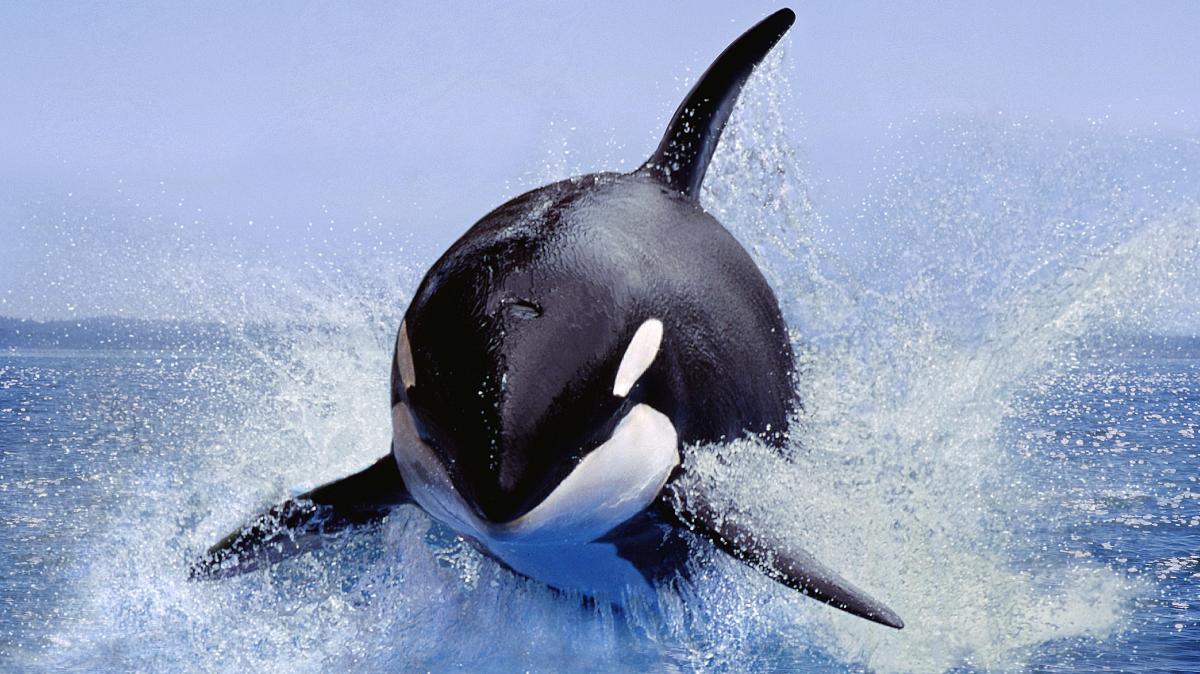The Spanish coastguard has advised sailors in Galicia to remain in harbour after orca attacks.
An increase in orca activity over the past week has included the whales ramming the rudders of sailing boats in far shallower waters than usual.
One of the attacks, on Saturday, took place at Vilaxoan, a busy fishing and boating area well within the Ria de Arousa, an estuary not known for interactions with orcas.
The attacks are taking place in estuaries, where the orcas are “foraging” for octopus
Most reported attacks since 2020 have been in deeper waters in less busy areas along the Atlantic coast of Galicia and near the Strait of Gibraltar, where orcas traditionally follow bluefin tuna migrations.
Orcas hunt for food in the Strait of Gibraltar
ALAMY
The attacks challenge the understanding of orca behaviour and highlight how far the new action of ramming boats and damaging rudders has spread among Iberian orcas, known as “Gladis”, which have expanded their range within the Galician rias, or estuaries.
A yacht was attacked on the same day at Castiñeiras in the Arousa estuary and several interactions with other recreational vessels also took place. The affected vessel, flying the French flag, received assistance and was escorted to Xufre on the island of Arousa.
The worst hit was a German boat, after an orca slammed into its rudder and badly damaged it. When the vessel headed further inland, the orcas continued their pursuit within half a nautical mile of the shore.
Other boats avoided damage thanks to the actions of a Civil Guard vessel. “The Civil Guard saved us, as they didn’t hesitate to put the bow of their patrol boat right in front of the orcas,” a crew member on a chartered boat told La Voz de Galicia.
The Civil Guard intervenes after orcas damage a boat
The whales were also observed hunting and eating octopus, a discovery regarded by experts as novel because they mainly eat tuna. Octopus are found in shallower inlets.
A research vessel of the Bottlenose Dolphin Research Institute observed orcas making a “series of long and repeated vertical dives, changes of course, controlled ascents and brief ventilation pauses, typical of benthic foraging … emerging with an octopus in their mouths”.




